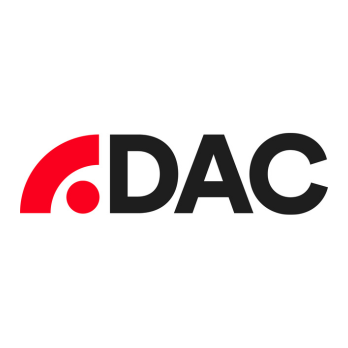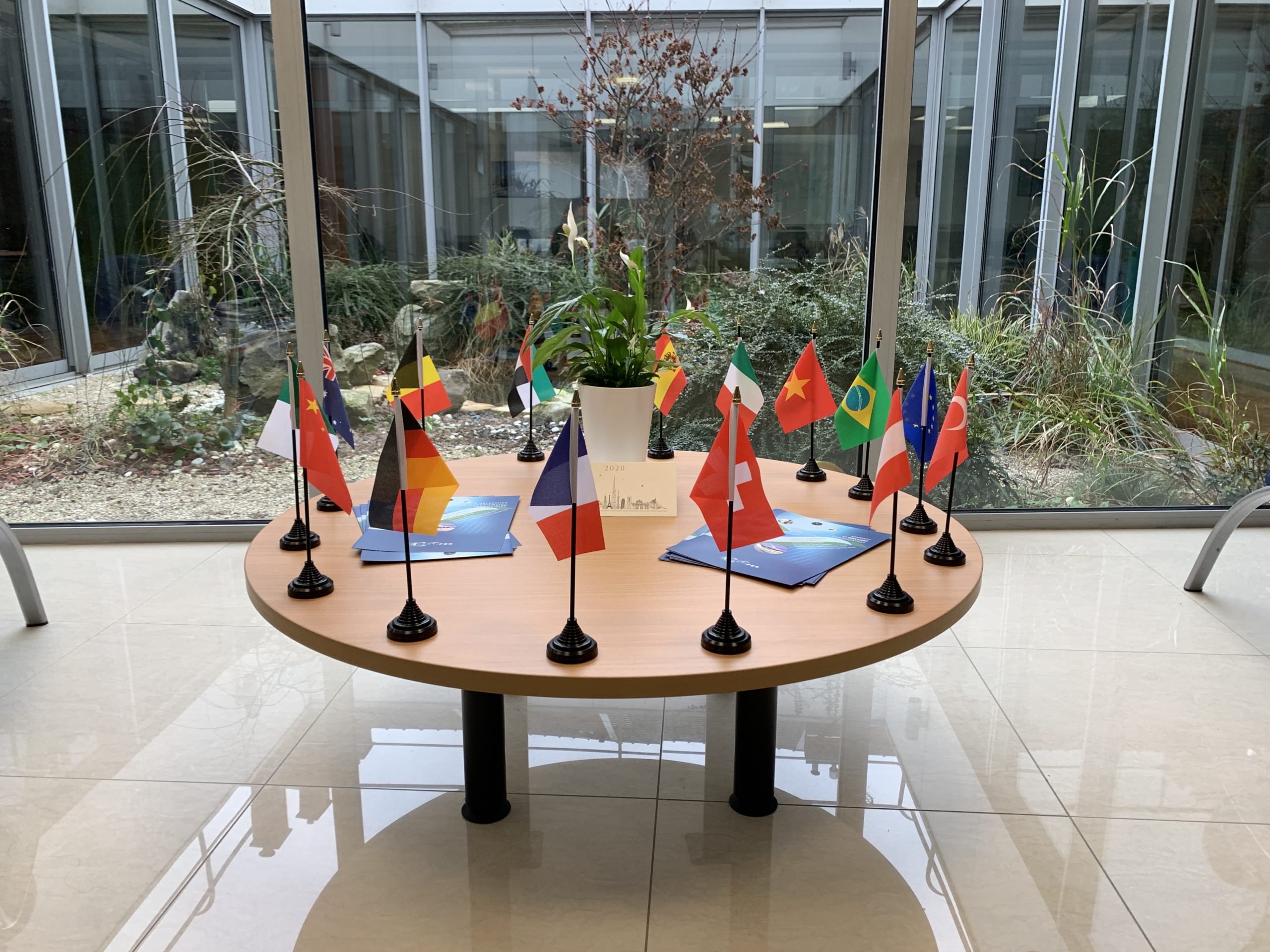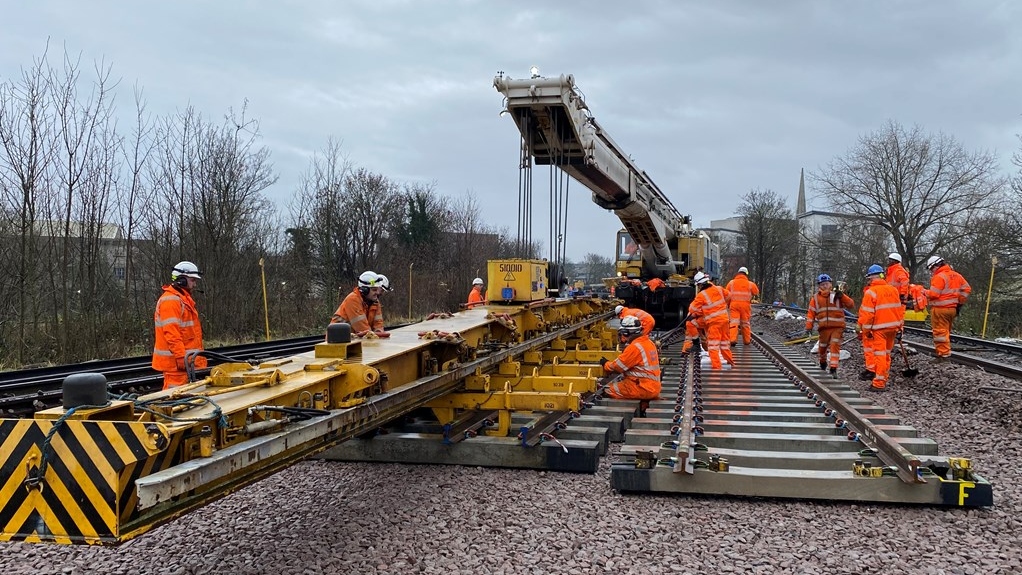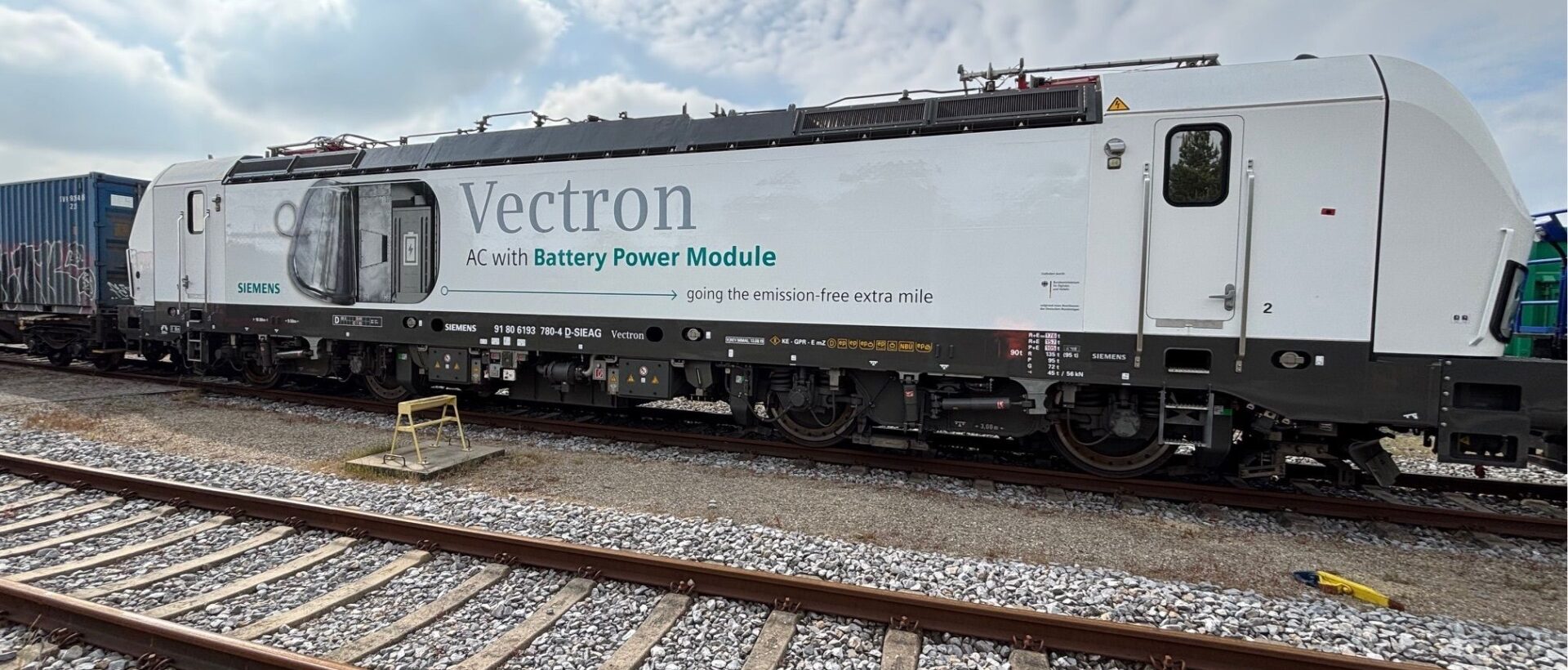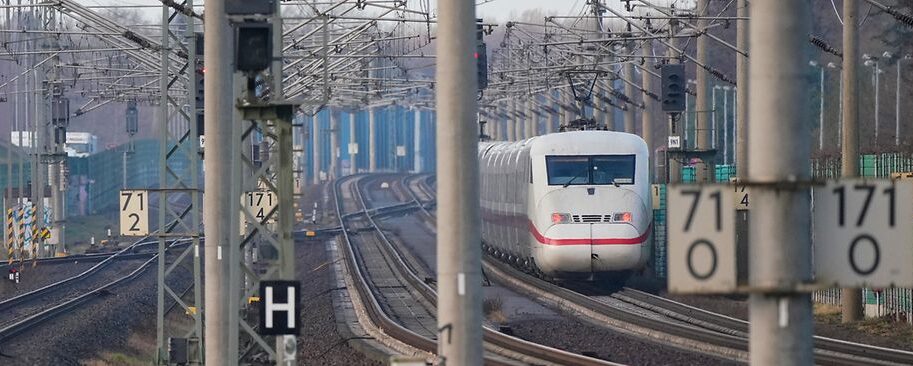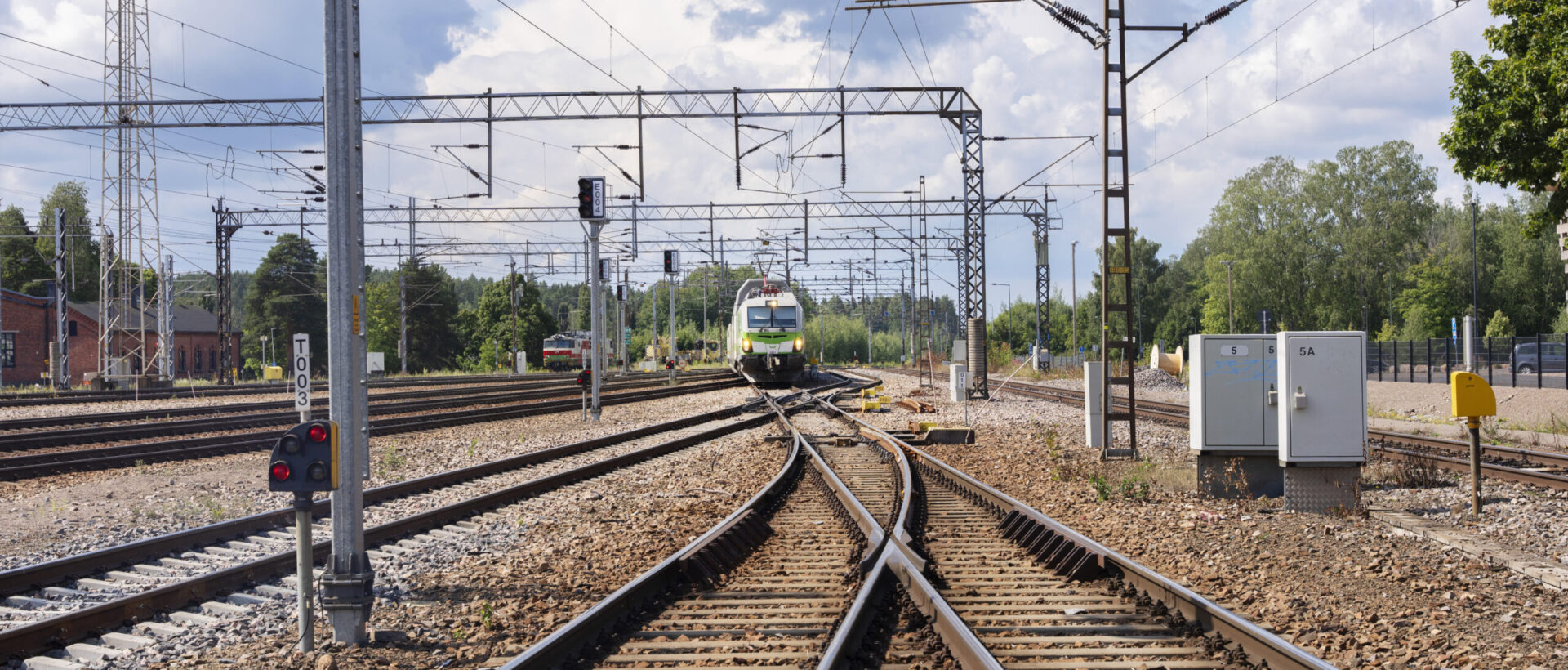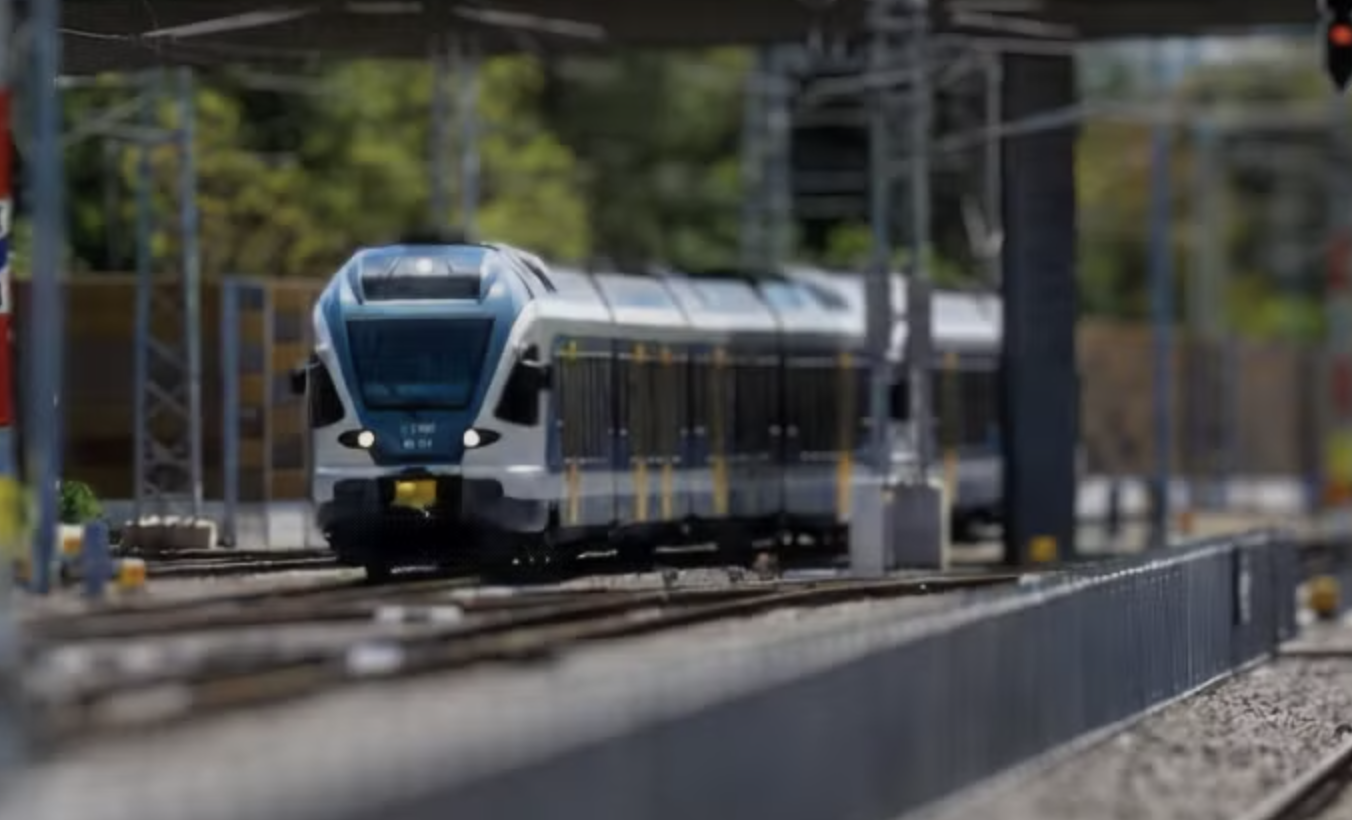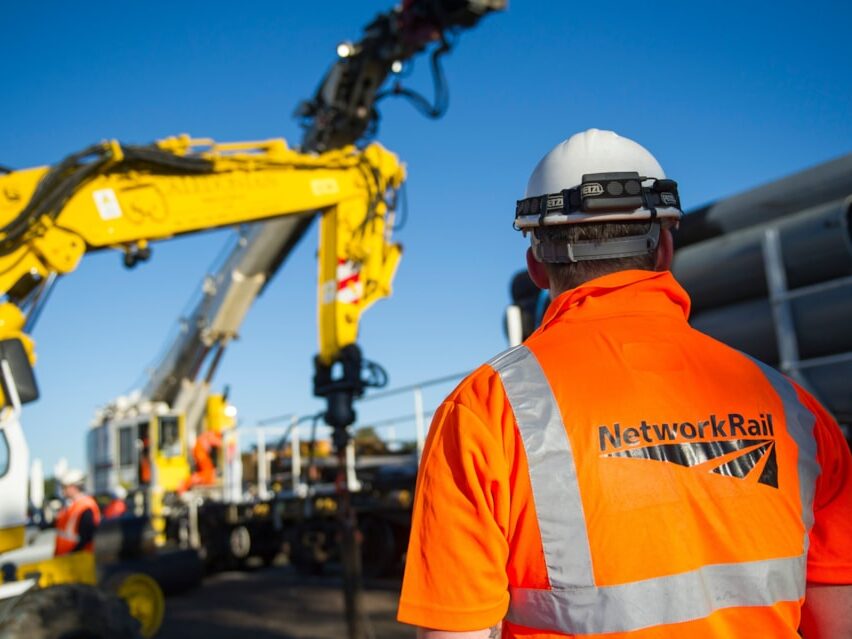Driven by its success as a PIS handset, DAC’s TUFF handset is now officially TOSQA and RIS 0794 approved for use with onboard GSM-R radios.
In the train cab, driver communication is critical, and this relies on robust, durable equipment. When a system goes down, delays and downtime occur and it’s the train operating companies (TOCs) – and consequently ticket buyers – that pay the cost. Each T10 delay can cost thousands of pounds, along with reputational damage and maintenance and repair costs.
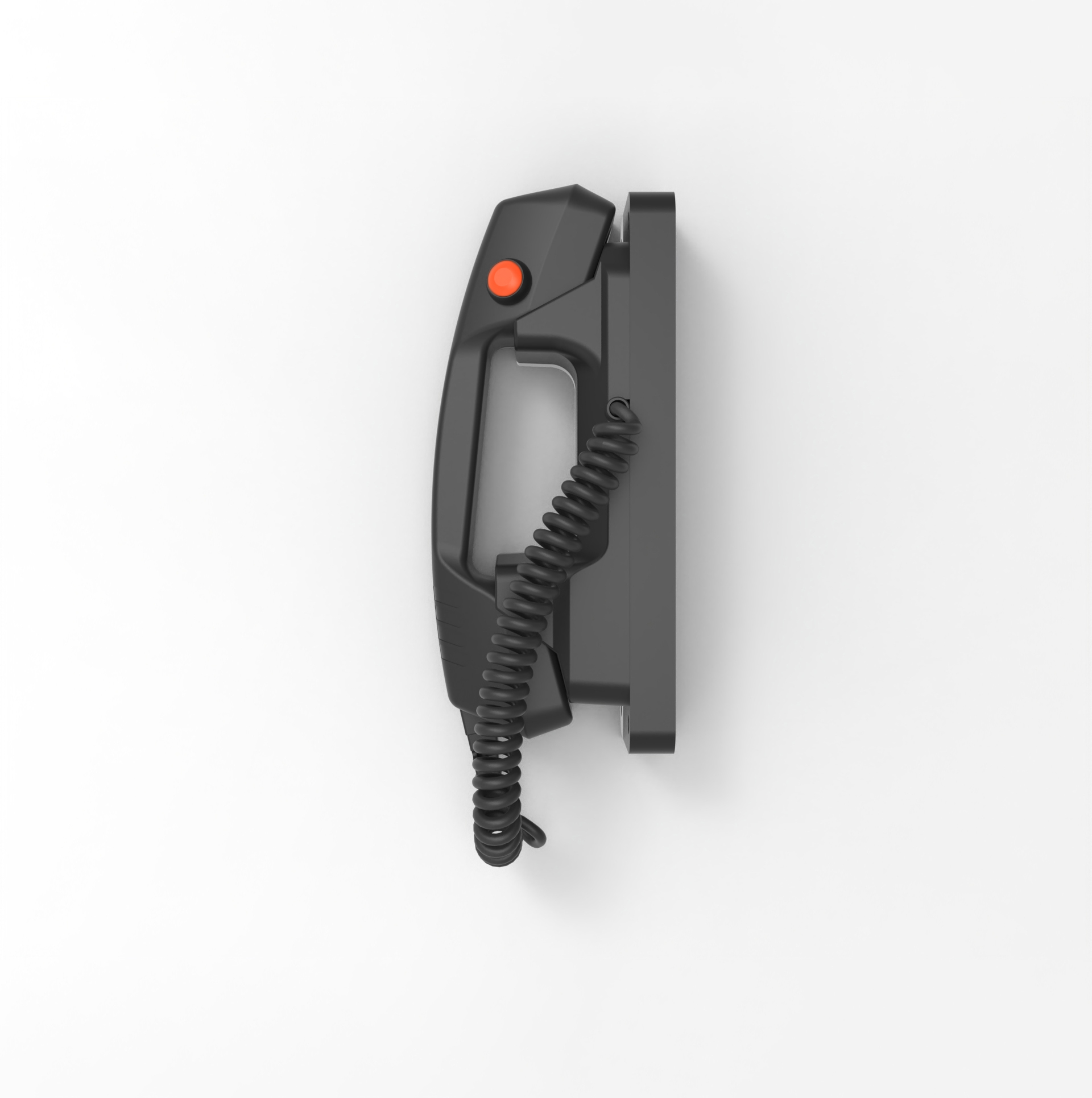
Sadly, it’s not unusual to find classifications of trains suffering from unacceptable levels of handset failures, which is why DAC developed its rugged TUFF handset. This safety-critical train component is compatible with any class of vehicle, with customisable connectivity for any train cab.
When DAC’s rugged TUFF handset was installed in the Class 700 Thameslink passenger information system (PIS), annual handset failures dropped by 96%, falling from 26 to just 1. That dramatic improvement didn’t just reduce maintenance – it prevented costly delays and associated penalties. This is significant, as a single incident on London’s busy network can cost over £20,000, with secondary knock-on delays pushing fines into hundreds of thousands.
While direct savings from reduced handset replacements (approximately £15,000 annually) are modest, the real value lies in avoiding T10 delays and costly Schedule 8 penalties, which can quickly run into tens of thousands per handset failure. The TUFF upgrade delivers a strong return on investment in just one year – cutting both direct and indirect costs.John Cooknell, Fleet Delivery Manager at Siemens Mobility said:
Given the success of the PIS TUFF program, we’re now pushing to migrate our GSM-R handsets.John Banton, Fleet Technical Engineer, Siemens Mobility. said:
This compelling performance in one of the UK’s busiest fleets catalysed the development of a Siemens TOSQA approved GSM-R version of the TUFF handset.
Achieving GSM-R Approval: Overcoming Acoustic Challenges
Developing the GSM-R variation of the TUFF handset wasn’t simply a matter of tweaking the design, however. The compliant polyurethane material that gives the TUFF handset its signature durability works against acoustic performance, which made meeting the stringent requirements of TOSQA incredibly challenging.
This is why most handset offerings are produced using a 2-part rigid plastic — it’s like a hard drum skin — it resonates amplitude clearly. Whereas the TUFF Elastomer is like a cushion — it softens the sound.
Working in partnership with the University of Salford, DAC’s engineering team developed a number of different prototypes during a rigorous R&D process. The result after almost 2 years was a handset that meets RIS 0794 Telecommunications Objective Speech Quality Assessment (TOSQA) requirements, enabling faster customer approvals without independent acoustic testing.
We're incredibly proud of our engineering team – the output isn't just an approved handset, it's a much deeper understanding of acoustics design, testing and development.Ben Dade, Managing Director at DAC said:
Proven Performance Across the UK Rail Network
While the Thameslink fleet provided the launchpad for TOSQA approval, the legacy TUFF handset has also demonstrated impressive performance elsewhere. At Great Western Railway (GWR), for example, it delivered a 99% improvement in handset reliability within the first year.
Since its introduction we've seen a significant increase in overall system reliability. Having suffered a failure rate of around eighty handsets per year using the old handset, since introduction in 2022 we've only had two failures. This improvement has brought a huge reduction in maintenance costs as well as greatly improving availability of the GSM-R system.Simon Day, Electrical and Electronics Systems Engineer at GWR said:
Tuff Design and Engineering Support
The TUFF handset’s defining USP is reliability. Its robust, one-piece polyurethane casing delivers high resistance to wear, providing an expected lifespan of over 20 years. Real-world use has shown over 1,000,000 hours mean time between failures (MTBF) for ScotRail’s RETB radios.
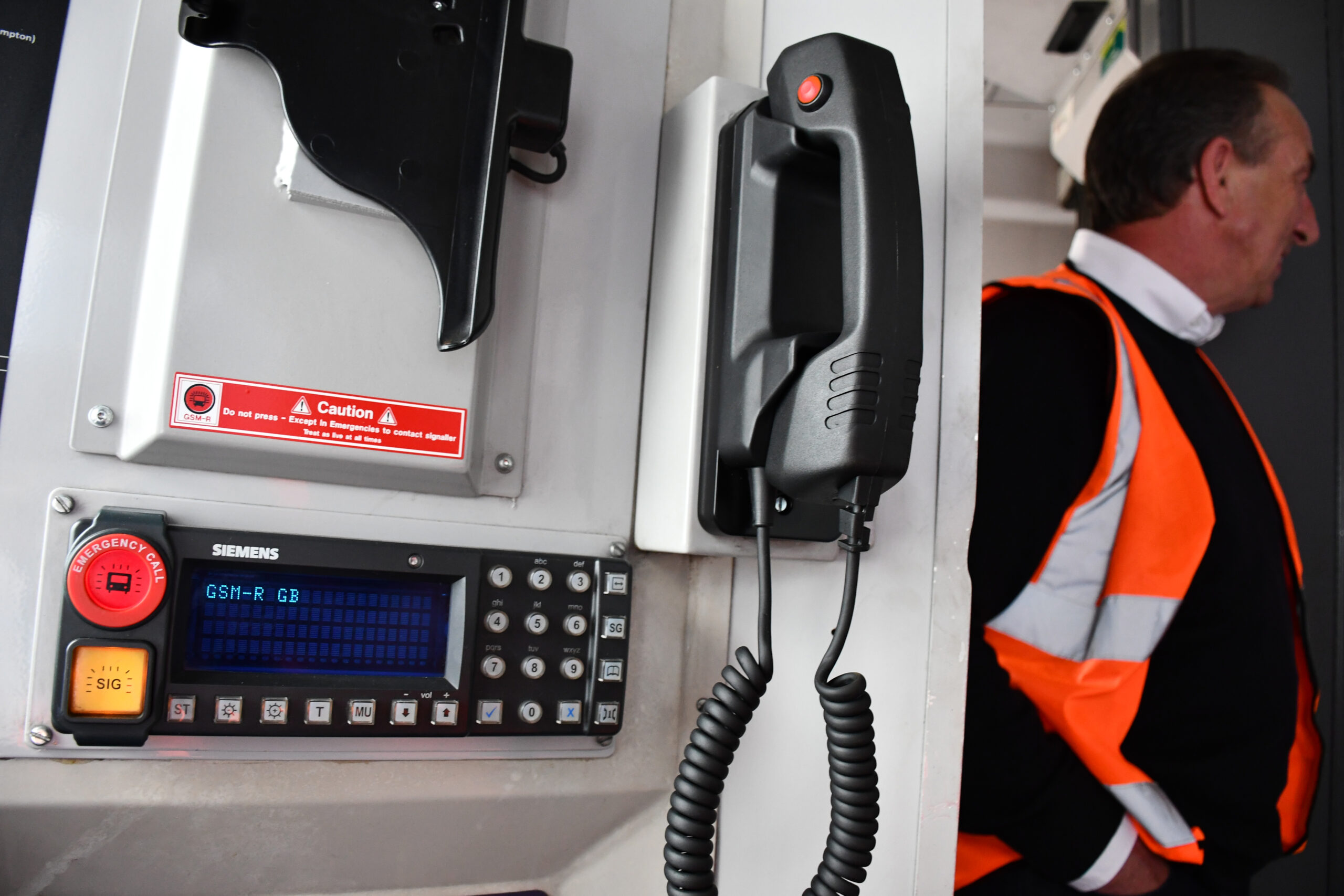
Every handset is manufactured and tested in the UK, and DAC supports customers with full engineering support and technical packs — including EN45545 and EN50155 certification — to simplify integration and approvals.
South Western Railway (SWR) also praised DAC’s support.
DAC’s manufacturing lead time was significantly less than our incumbent supplier. They provided all the requested technical support we needed for engineering change approval.Phil Gray, Engineering Manager at SWR said:
Our engineers help clients understand the nuances of each handset requirement, tailoring solutions to our clients’ needs. For peace of mind, we offer extended warranty options alongside fixed-cost repairs with fast turnaround, meaning handset replacements over the course of the expected life of the train are little to none. Dade said:
Find Out More
To find out more about DAC’s TUFF handset please visit www.daclimited.co.uk/products/tuff-handset or email [email protected].
DAC will also be exhibiting at Rolling Stock Networking (RSN) on July 3rd and invites interested readers to visit them at stand J7.

